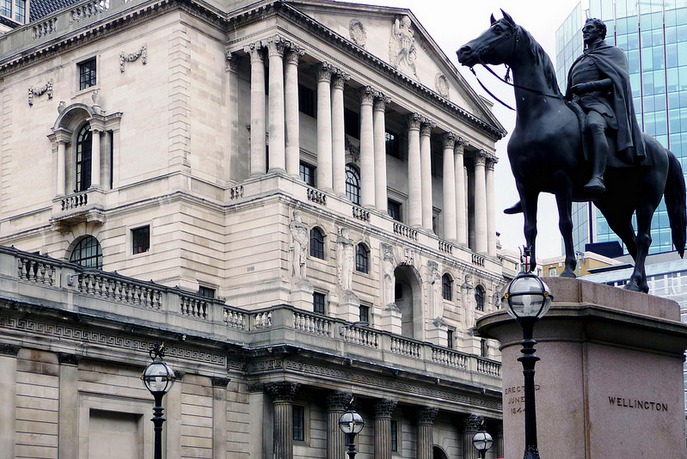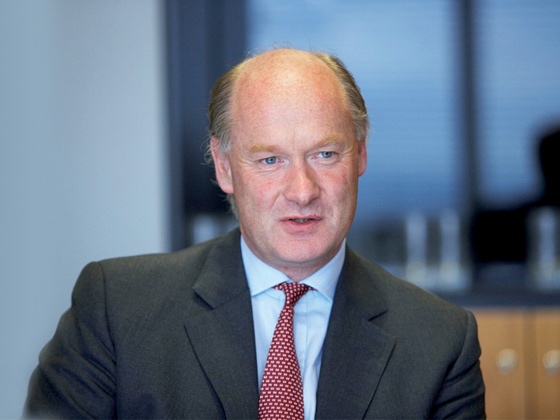The British election has delivered a stunning set of results, mostly unpredicted by the pre-election polls. Whatever the explanation for these forecasting errors (e.g. “shy Tories” not disclosing their true feelings to pollsters), the recovering economy and the lack of trust in the Labour programme must have played a large role in returning David Cameron and his Conservative party to Downing Street. Gains of over two million jobs in the past five years combined with low inflation and the start of real wage gains for the first time since the recession of 2008-09 will all have played a role in shaping voters´preferences for a party that has put economic credibility and the restoration of sound public finances at the top of its priorities. In addition, economic surveys show that consumer confidence is at a three-year high while the consensus forecast of economists for UK real GDP growth is 2.6% in 2015, a rate far ahead of most of the Eurozone. All these factors will have contributed to Camerons unexpected victory.
The fact that the Tories have won an outright majority of seats in Parliament (330 out of a total 650 seats) automatically means that the near-term uncertainties that threatened to dominate financial markets in the immediate weeks ahead can be dismissed. Now there will be no slide in the currency during a fractious process of coalition-forming, and no jitters in the stock market about a possible rejection of the Queen´s speech (which outlines the government´s legislative programme) by the House of Commons. Already sterling (+1.6% against the US dollar at midday on Friday, May 8th) and the FTSE100 (+1.87% also at midday) have bounced back from recent losses, while sterling bonds have rallied.
Moreover, the continuity of the Tory-led Coalition´s economic programme fiscal discipline in the public sector with a preference for allowing the private sector to promote economic growth and prosperity rather than widespread intervention in the markets (such as Ed Miliband´s plans to impose a freeze on electricity and gas prices or to re-write hundreds of thousands of “zero hours” employment contracts) will be a relief to business and the financial markets. Although the Coalition government failed in its aim to reduce the structural budget deficit to zero within a single parliament -in part due to the ring- fencing of expenditures on health and overseas aid, as well as numerous tax reductions on personal incomes especially at the lower end of the income scale – there can be little doubt that the Tories will seek to resume this programme, restraining public expenditure on both current and capital account until tax revenues have been restored to stronger growth.
On the monetary policy front there is no reason to expect any change in the mandate given to the Bank of England to maintain a 2% inflation target. The Monetary Policy Committee of the Bank is due to meet and report next week (May 11) on a meeting held on May 7 and 8. With CPI inflation in March well below target at 0% year‐on‐year (headline) and 1.0% (core) it is likely that the MPC will vote to keep rates unchanged at 0.5% and to leave the amount of asset purchases outstanding also unchanged at £375 billion. As the UK economy continues to recover it is probable that investors will start to anticipate a gradual series of rate rises later in the year, starting, in my view, after the US Federal Reserve starts to hike US rates.
In contrast to the resolution of these short-term uncertainties, the Conservative victory in the election brings one major, longer term uncertainty, the prospects of Britain´s future in Europe. David Cameron has promised the British electorate the opportunity to vote in an “in‐out” referendum on Britain´s membership of the European Union by 2017, a commitment that he will find impossible to avoid. Opinions in the country are very divided.
One side views Europe -with its heavy- handed regulations on everything from labour markets to the names of cheeses, its slow-growing economy, and its demand for large annual payments from Britain to the common budget, and its over bearing judiciary which is constantly expanding the areas of its remit -as an economic sinkhole that the country urgently needs to escape from before it suffers a Japanese- style fate of one or more “lost decades” of growth.
The other side views Europe as integral to Britain’s place in the world and the key to its ability to play a meaningful role in any international strategic, diplomatic or economic dialogue with other major powers such as the US, China or Russia. This side also claims that, with the EU being Britain’s largest trading partner, as many as three million domestic jobs are essentially dependent on British membership of the EU, and if Britain left the EU it would soon suffer debilitating trade or financial discrimination that would damage inward investment into Britain and hurt the country’s long term growth prospects.
Of major importance to the UK when considering its EU membership is the City’s position as Europe’s financial centre. The financial services industry accounted for around 8% of UK GDP and 12% of tax receipts in 2012. In addition, London is home to the European headquarters of many of world´s largest financial institutions. Major uncertainty would arise in the event of a UK exit from the EU, specifically concerning whether the UK would be excluded from the common market in financial services and passporting rules. It is legislation from Brussels that enables the City to carry out these activities and guarantees unrestricted access under pan-European regulations across every member state. For all these reasons the longer term uncertainties will remain, at least until 2017.
While the Conservative party is traditionally divided in its views on Europe (and at times in the past 30 years the issue has threatened to tear the party apart), the newly resurgent Scottish Nationalists are ardent Europeans, while Labour is generally pro‐European. The business world is by no means united in favour of EU membership. These divisions and the Prime Minister´s agenda for an “in-out” referendum will pose a major challenge to the new government.
In summary, although the election has resolved some short-term unknowns, longer term unknowns still remain.
Opinion Column by John Greenwood, Chief Economist Invesco




 By Fórmate a Fondo
By Fórmate a Fondo